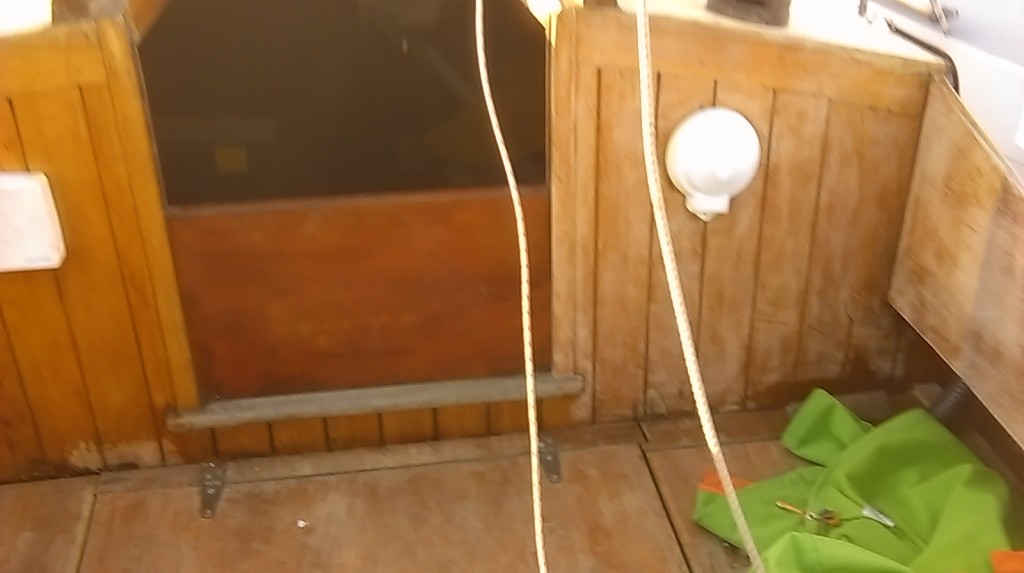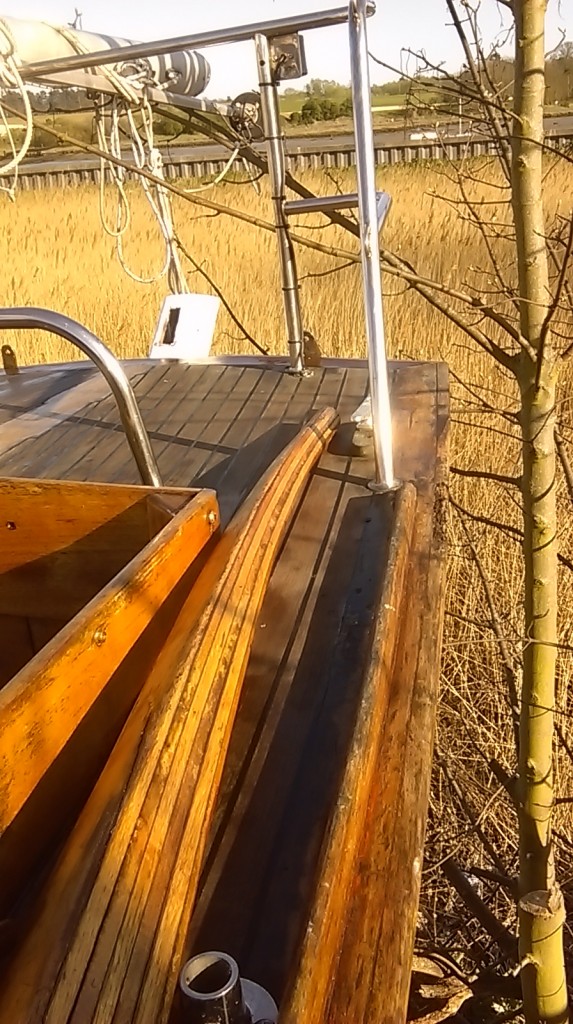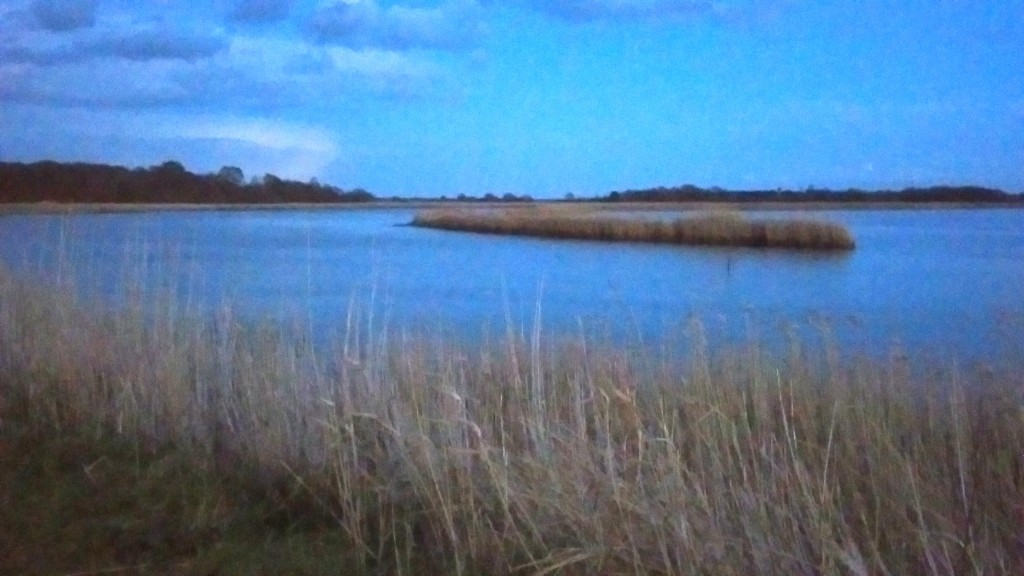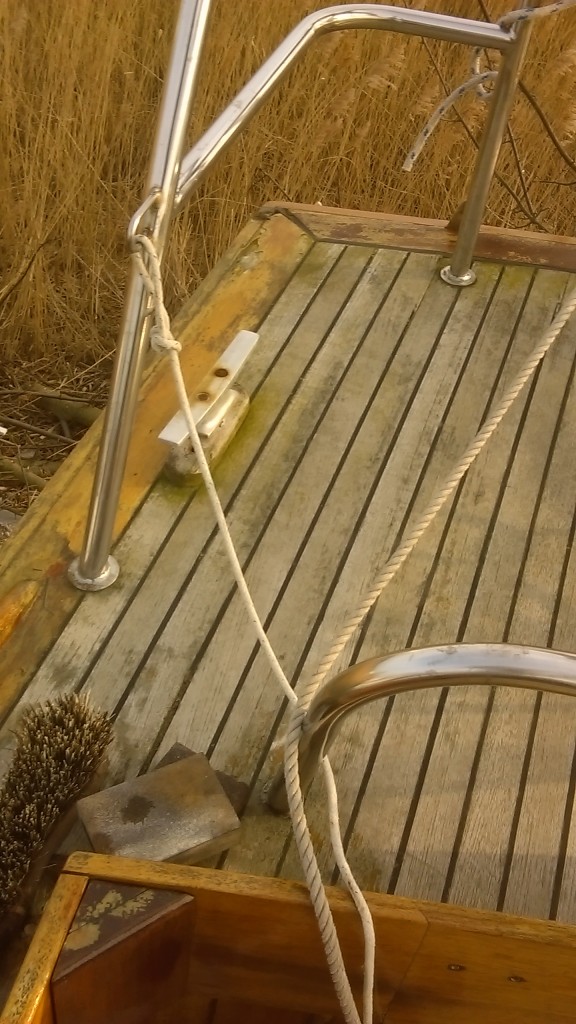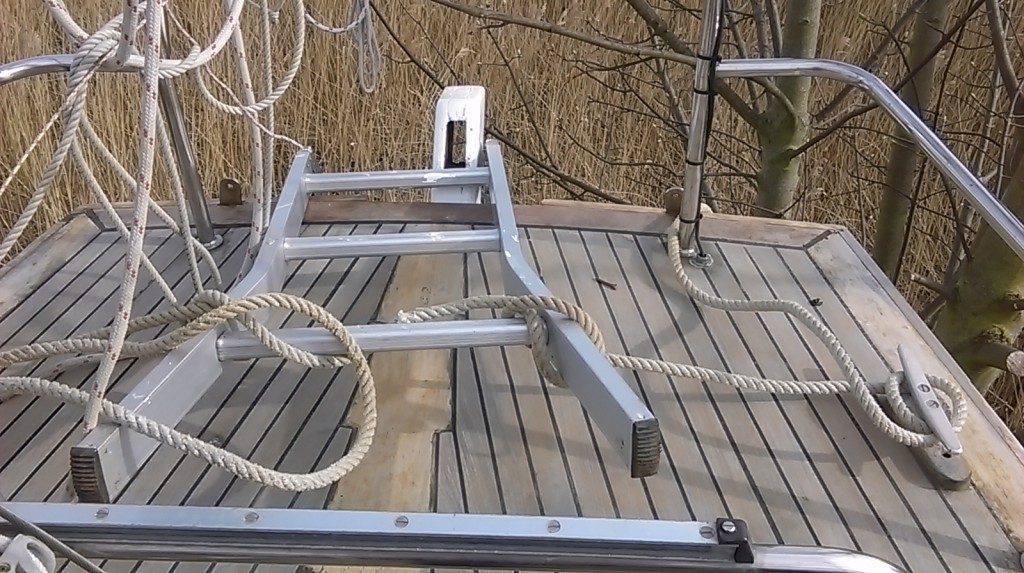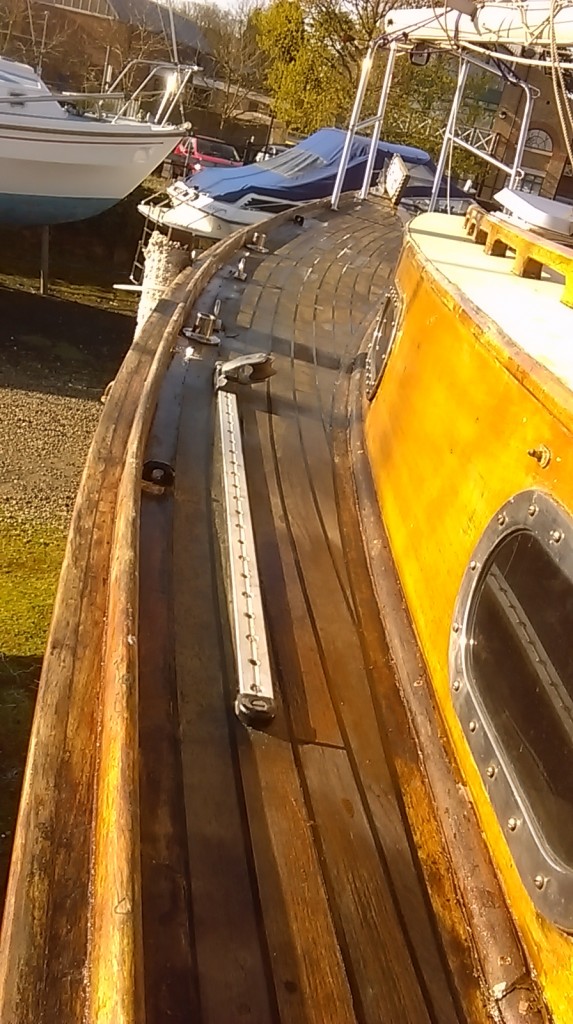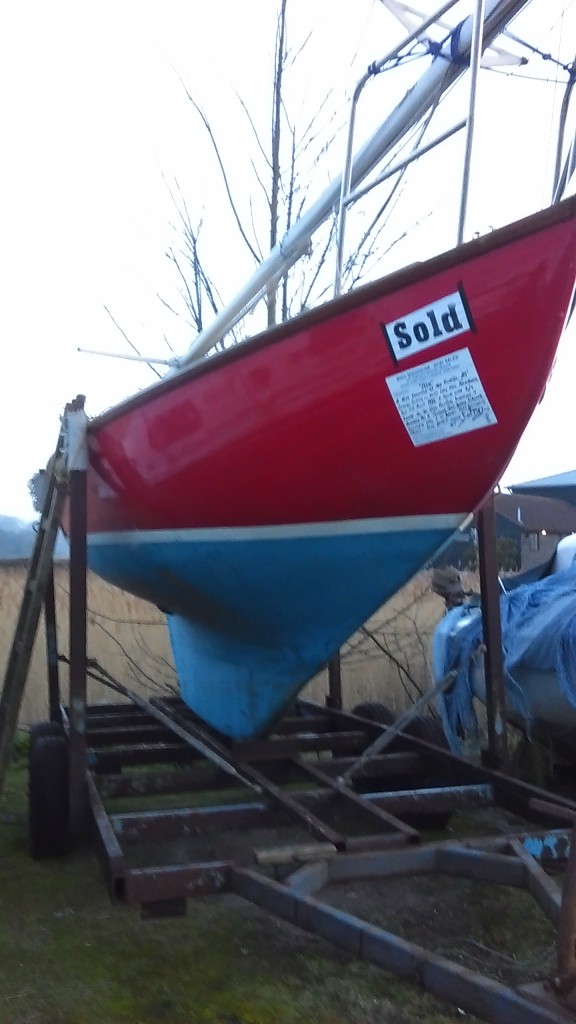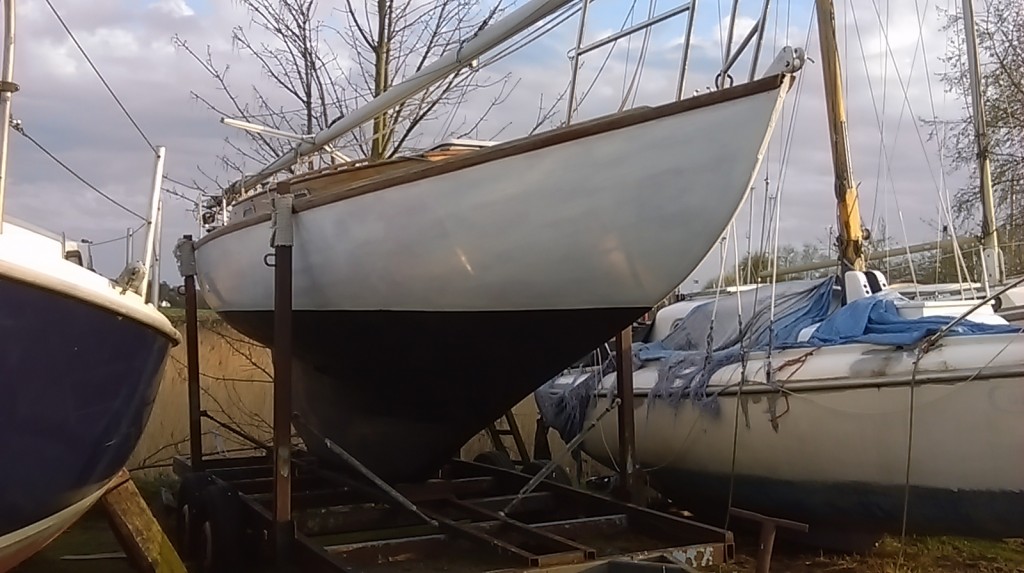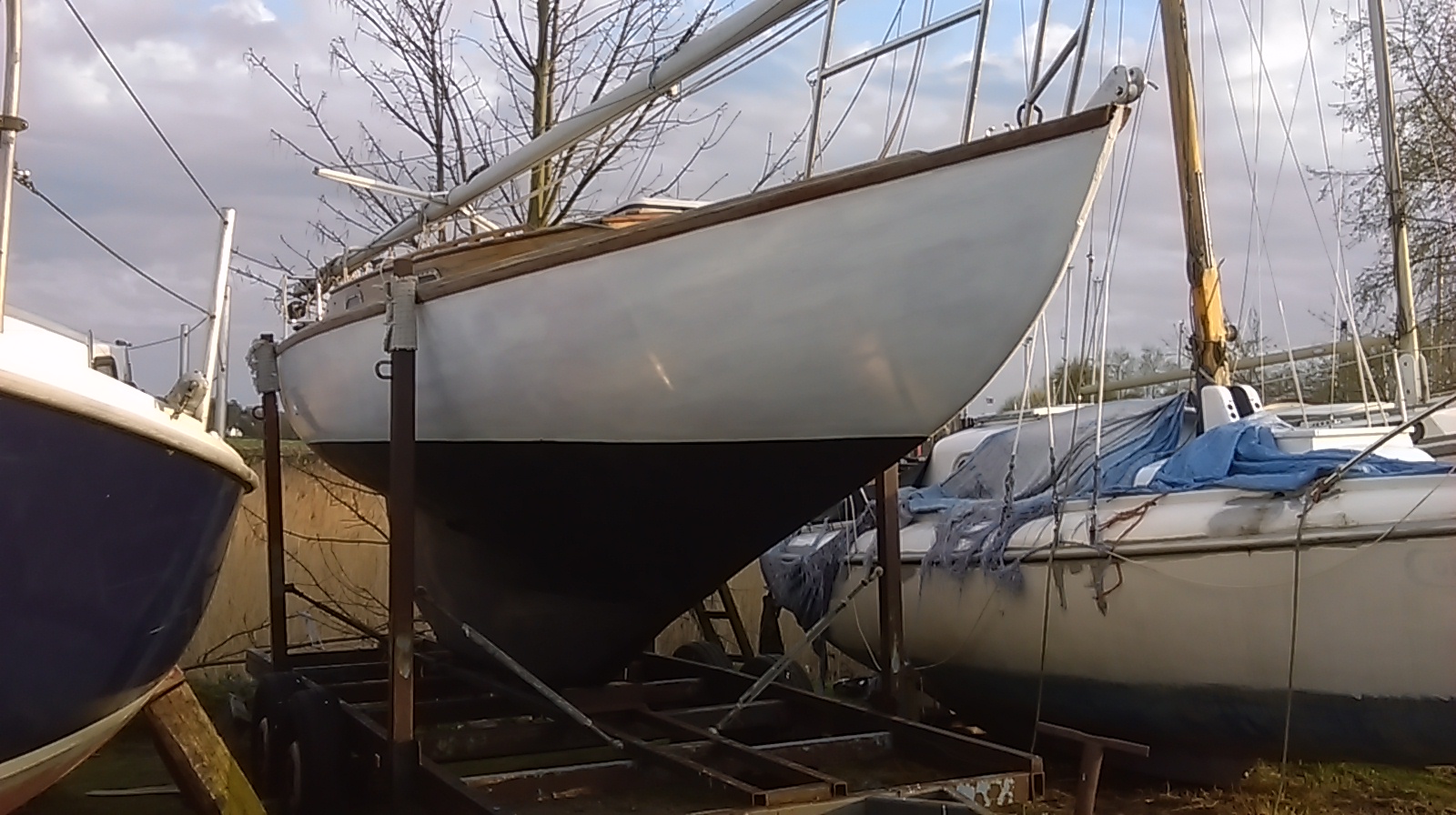Today is probably the 70th anniversary of something I didn’t do. Obviously, if you saw me, even on a bad day, like the day after I fell off the boat ladder in the yard and banged my ribs into the side of it as I fell. That felt like I was 70 and not in particularly good shape. The time I fell off the earth bank at the side of a sunken lane and landed on both knees, ten feet down on gravel was pretty instantly ageing too. But none of those things are to do with Elmer’s Tune. It was a song someone used to like, back then when this happened.
There are several things I haven’t written and mean to write. It isn’t that I don’t know the stories; they’re very simple and both of them true. The issue – apart from laziness and never knowing whether anyone would want to read them – is what to write, whether to write them as a book, as a stand-up spoken word performance, as a screenplay or what. The screenplay idea isn’t so far-fetched. This one would make a good radio piece though. Visually it would need lots of airplanes that went to a Swiss scrap-heap long ago, a full-size American airfield in Suffolk, a blacked-out town and lots of young women in 1940s clothes, or at least hair-styles, given that getting these women out of their clothes was the major reason this particular story happened.
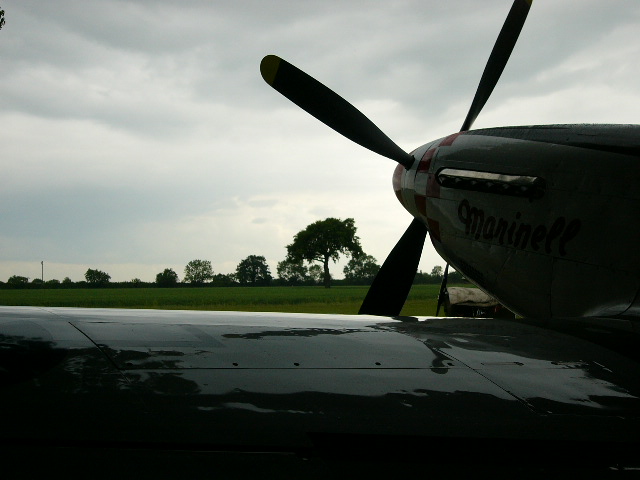
A young man who happened to be an American fighter pilot went to a dance. Because he was excited, because he wanted to sleep with this English girl, because all kinds of things, he missed his lift back to his airfield. The dance was in Ipswich and the truck picked people up near the railway station, except by the time he got there the truck had long gone and he had to walk. He was due to fly in the morning, escorting bombers on one of the last raids of the war, the last time his squadron fought, flying out of Leiston airfield.
So he walked. Through the blacked-out town. Up the hill along the Woodbridge road, out past what was then Martlesham airfield, where Bader had flown, but silent at that time of night. Over what is now the A12 but then was just a minor road. Over the huge roundabout that wasn’t there, past the huge Suffolk police headquarters that hadn’t been built. Some police officers have sworn that they’ve seen people in there who aren’t really there now, people who used to be there, judging by their clothes. In the 1950s some people swore they’d heard airplanes on the base, ten years and more after they all went home.
Down the hill past the Black Tiles pub, down into Old Martlesham and the Red Lion, all shut and long empty then. Along the low road, past what wasn’t then an antique shop, under the railway bridge and as the road starts rising again, up to the roundabout where the Woodbridge bypass begins, the other side of the valley the old road slid down into, the valley the modern road drives straight across. You can see the old road here for the first time, going straight on where now the road sweeps round to the right.
He may have gone straight on along the bypass. It was built in the 1930s. It’s possible. Or right, through the little town. When he told me this story he couldn’t remember and it was dark anyway. He thought he might recognise the street, but in the dark these narrow thoroughfares look much the same. He would have walked through Wickham Market next, either way. Some of that looks very similar.
Before you get to Wickham there is an avenue of trees on another abandoned stretch of this road. In the 1970s the A12 was upgraded. Part of the old bypass was bypassed and a half-mile stretch of it shaded by big trees sits in a field. Those trees must be seventy feet high; they were just about ten years old when the pilot walked under them. If he didn’t walk through the town.
Out past Wickham the modern road plays tricks again. There are so many places he could have taken a wrong turning. There was no-one to ask, no passing traffic. Petrol was rationed and around here only people like doctors had cars anyway. Military vehicles didn’t pass often and this part of England, so close to the invasion coast was emptied of people five miles back from the shore. The Army confiscated huge parts of this place, all around Iken, Snape, Blaxhall and Tunstall, to practice for the invasion of Europe.
Unlike Imber village, the people were allowed back after the war. In Orford they found some changes to the Jolly Sailor pub. Hardening the building as a defensive strongpoint in 1940 the Army poured concrete on the upper floor. It’s still there, bowing the roof beams in the room below, pushing the walls outwards much heavier than the wood and plaster it sits on top of, but the Jolly Sailor is another story all its own.
Another seven miles from Wickham to Saxmundham and from there straight up the hill the way the leave truck went, the six wheeler everyone piled into when they weren’t flying to take them down to the railway station, London and the Picadilly Commandos, the working girls who knew that American officers, gentlemen even if only by virtues of their wings badge were paid five times the rate British soldiers were given. It would be light by four-thirty. It was today, 70 years on, the day I always think ‘shall I walk it today?’ But it’s a long way and it’s raining and much as I might want to for other reasons, there’s nobody to make me go to Germany today.
Past the Waitrose and the Tesco and the Costa, past the charity shop, the bookies and the factory discount store. One of the pilot’s friends cycled down this hill once. He gave a lift on his bike to a girl in the street and they cycled up the hill the other side of the rialway station to a little triangle of grass at a crossroads. They made love there, overlooked by houses not even fifty yards away that 1945 afternoon.
Past the church, another two miles up that long, long hill, out into open country then left on the corner and over the railway crossing, past the memorial to this squadron and its 82 dead pilots that wasn’t there and on to the changing rooms, kit up and walk to the flight line to report for duty. Last flight of the war. That war, anyway.
 When I first came to live here I talked to an older woman who as a girl had played on Leiston airfield just after the war, with her friends. They were airplanes. Boys and girls alike became P51s, arms out for wings, mouths open for take-off, the imagined sound of engines coming from childrens’ throats as they ran across the empty runways, bound for Germany.
When I first came to live here I talked to an older woman who as a girl had played on Leiston airfield just after the war, with her friends. They were airplanes. Boys and girls alike became P51s, arms out for wings, mouths open for take-off, the imagined sound of engines coming from childrens’ throats as they ran across the empty runways, bound for Germany.
Under the empty blue sky of 1946 the phantom tyres stopped rumbling on the tarmac. The shadowy wing tipped a little one way and then the other and then steadied. A silent Merlin engine clawed its way into the forgiving sky as the wheels lifted, folded and locked back. All in a child’s mind on an abandoned airfield.
I met someone who grew up in a town flattened at the end of the war for no reason. It wasn’t a strategic town. It didn’t make anything much. It was just a beautiful place with medieval buildings until one day in March 1945 when half of it was demolished by the pilot’s friends, because it was there.
It made me feel differently to meet someone who described herself as ‘the third generation of the War.” But still at Christmas I come here to this memorial. I stand and read their names out loud so that someone remembers these boys who couldn’t go home.

